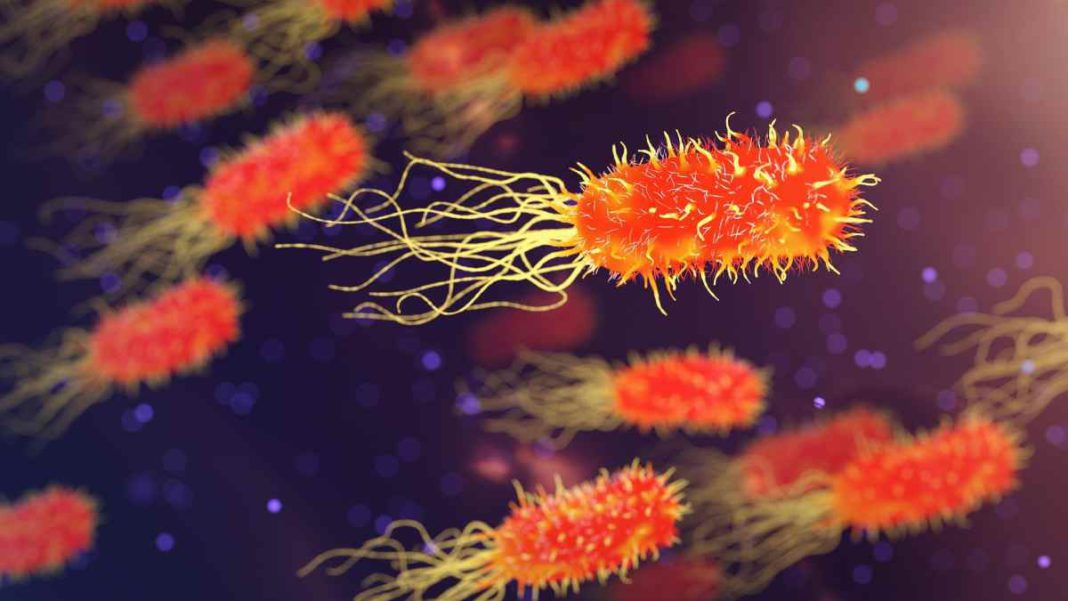UNITED STATES: Scientists have unlocked the intricate genetic code of the Y chromosome, a milestone that holds immense potential for understanding male reproductive health, infertility, and a range of other medical conditions. The announcement was made on Wednesday by researchers who have been working diligently to unravel the complexities of human genetics.
The Y chromosome, known as one of the two sex chromosomes with the X chromosome, has long been an enigma due to its complex structure and fast-evolving nature. This advancement marks the successful culmination of years of dedicated work by researchers using state-of-the-art sequencing technologies and innovative computational techniques.
Dr. Arang Rhie, a lead author of the research paper published in the journal Nature and a staff scientist at the U.S. National Human Genome Research Institute, attributed this achievement to the combination of advanced sequencing technologies and computational methods.
“This breakthrough finally offers a comprehensive understanding of the Y chromosome’s genetic code, filling in crucial gaps that were previously missing from our genetic maps,” stated Dr. Rhie.
The research effort was led by the Telomere-to-Telomere consortium, involving experts from various scientific institutions. Their collaborative work enabled the reconstruction of the entire genetic sequence of the Y chromosome, revealing critical insights into male reproductive functions. This accomplishment is particularly noteworthy as the Y chromosome had been traditionally excluded from many studies focusing on human diseases.
The Y chromosome plays an essential role in male reproductive health, including sperm production (spermatogenesis), and has even been linked to cancer risk and severity. By deciphering the genetic information encoded within this chromosome, researchers hope to unlock vital clues about male infertility and other reproductive disorders.
One of the most significant revelations of this breakthrough is the identification of previously undiscovered genes on the Y chromosome. These genes are integral to fertility, reproduction, and sperm production. The newfound knowledge could have far-reaching implications for fertility treatments, such as in vitro fertilization (IVF) clinics, and inform further research into male reproductive health.
“Due to its intricacy, the Y chromosome has frequently been overlooked in genetic study. However, this achievement empowers us to explore new avenues of research and gain a deeper understanding of male health,” noted Dr. Monika Cechova, a genomicist from the University of California, Santa Cruz (UCSC) and co-author of the study.
Moreover, successful sequencing has corrected misconceptions regarding certain sections of DNA from the Y chromosome. DNA fragments that were initially mistaken for bacterial in nature have now been recognized as integral parts of the male genetic blueprint.
This accomplishment adds to the continuum of advances in human genetics research. Over the years, researchers have steadily expanded their understanding of the human genome. The complete sequence of the X chromosome was published in 2020, followed by the Y chromosome’s successful decoding in 2023. These milestones pave the way for personalized genomics and a deeper comprehension of the genetic intricacies of various populations.
While the current cost of full genetic sequencing remains high, experts anticipate that this breakthrough will eventually contribute to personalized medical approaches and treatments. Dr. Cechova expressed optimism, stating, “We now possess a blueprint for assembling the Y chromosome entirely. This knowledge could drive personalized genomics in the future.”
Also Read: Scientists Harness Origami DNA to Control Virus Assembly



